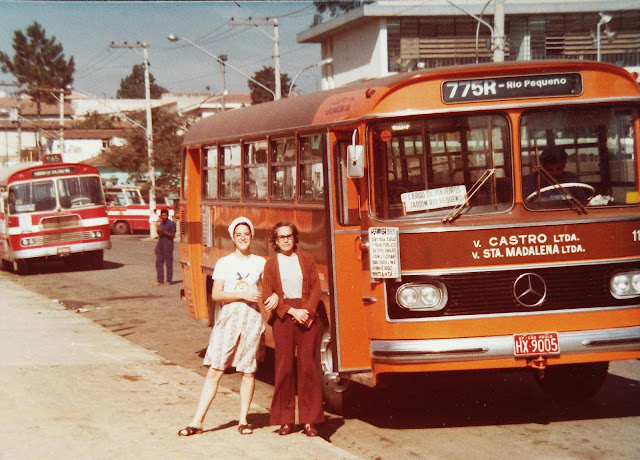Vladimir Saflate, a USP professor writes about a Cultural Policy for São
Paulo – for ‘Carta Capital’ a weekly magazine in 28 October 2012. Now that Workers Party's Fernando Haddad has won the mayoral elections of 2012 - the issue comes back to discussion.
Brazil considers itself a musical country. Paris has got a music
school for each district. Now, tell me how many public Music Schools there are
in São Paulo? None! In case a teen-ager in Parelheiros or Rio Pequeno wants to
be an actor where will he turn to?
São Paulo needs as many municipal art schools as possible to offer its
youth not only workshops but long-term courses in music, theatre, dance,
audio-visual arts and literature.
The displaying of the Nation's cultural production shows São Paulo as a city
clearly segregated socially. Most suburbs do not even have a small public
library. Rio Pequeno actually do not have any public building – except CEU
Butantã which is closer to Rodovia Raposo Tavares than to Rio Pequeno’s centre
itself – where any public artistic activity could take place.
If you really want to read Vladimir Saflate’s article in full go to:
http://www.cartacapital.com.br/cultura/uma-politica-cultural-para-sao-paulo/?autor=961
http://www.cartacapital.com.br/cultura/uma-politica-cultural-para-sao-paulo/?autor=961





























.jpg)









.jpg)









